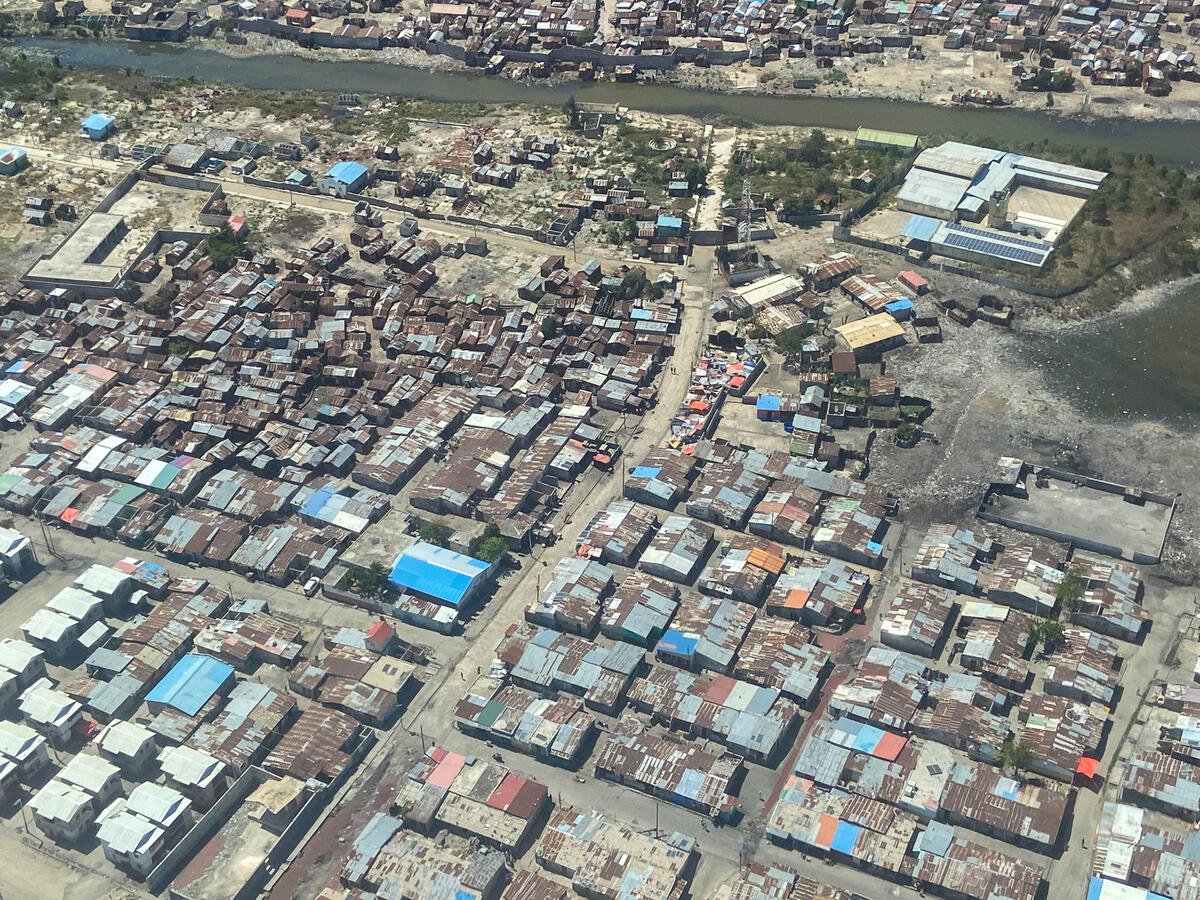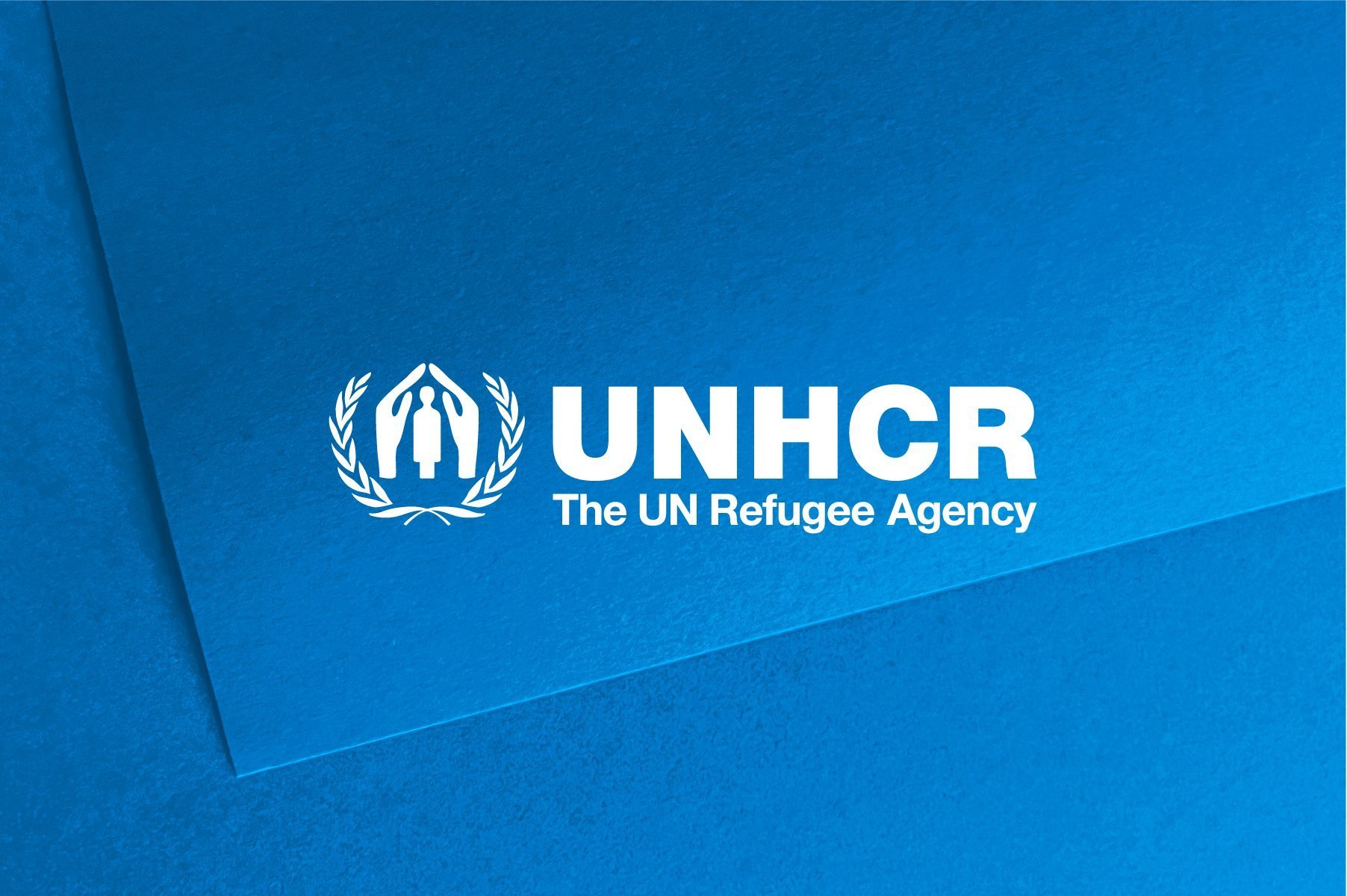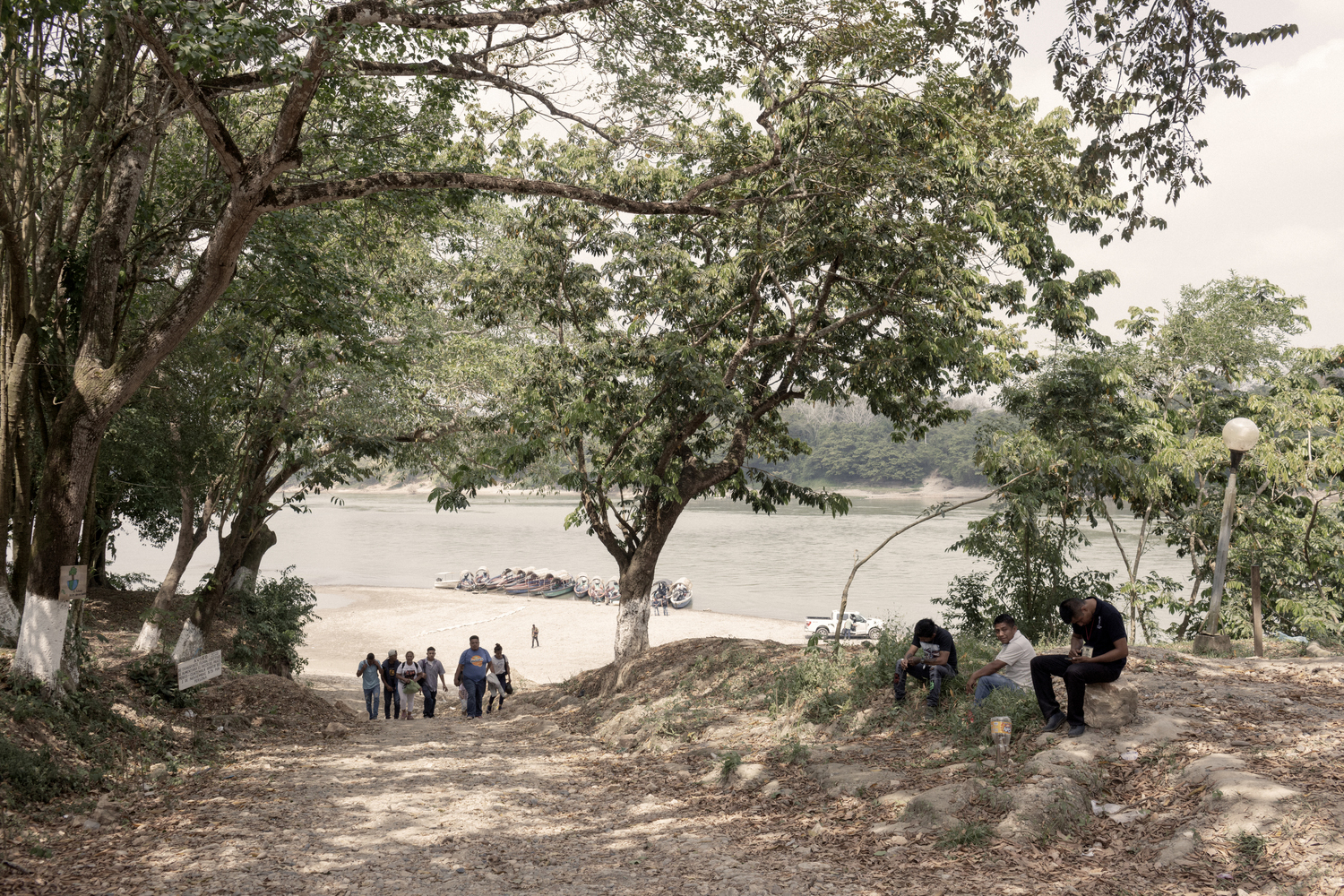UNHCR concerned by potential impact of Dominican court decision on persons of Haitian descent
UNHCR concerned by potential impact of Dominican court decision on persons of Haitian descent
Washington, DC, October 1, 2013 (UNHCR) - The UN Refugee Agency (UNHCR) is deeply concerned by a recent ruling of the Constitutional Tribunal of the Dominican Republic that could render as stateless countless Dominican-born persons of Haitian decent, many of whom have lived in the Dominican Republic for decades. Due to its retroactive effect, this ruling has the potential to affect tens of thousands of people born in the Dominican Republic.
The case concerned a Dominican-born woman and mother of four children, Ms. Juliana Dequis Pierre, whose Haitian migrants parents moved to the DR decades ago. The Tribunal concluded that Ms. Dequis Pierre, who is 29 years old and was officially registered as a Dominican citizen at birth, did not in fact meet the criteria for the acquisition of the Dominican nationality.
Most worrying is that the Tribunal requested Dominican authorities to identify similar cases of Dominicans of Haitian descent formally registered as Dominicans as far back as 1929 who would not have qualified as citizens under the Tribunal's criteria. Should this process indeed be carried out without the necessary safeguards, three generations of Dominicans of Haitian descent could become stateless.
"It's difficult to imagine the devastating effect of being told that you are no longer a citizen of the country where you were born and lived your entire life," said Gonzalo Vargas Llosa, UNHCR's Chief of Mission in Santo Domingo.
The ruling runs contrary to a 2005 judgment by the Inter-American Court of Human Rights on the issue of nationality in the Dominican Republic. It is also at odds with positions and recommendations made by the United Nations system in the Dominican Republic, UNHCR, the UN Human Rights Council, the Inter-American Commission of Human Rights and civil society groups.
"I am very concerned by the potential adverse impact of this ruling, which puts Ms. Dequis Pierre, her four children, and many others at serious risk of having no recognized nationality" said Shelly Pitterman, UNHCR's Regional Representative for the U.S. and Caribbean. "It's a basic principle of international law that no one should be deprived of a nationality if that action leads to statelessness."
By virtue of being stateless, a person can be denied many of the rights and privileges taken for granted as a national of a country, including the right to vote, the right to travel outside of one's country and even the right to access basic services.
The United Nations agencies in the Dominican Republic, including UNHCR, are prepared to assist the Government of the Dominican Republic in preventing a situation of statelessness and ensuring that the basic human rights of persons like Ms. Dequis Pierre are guaranteed.









